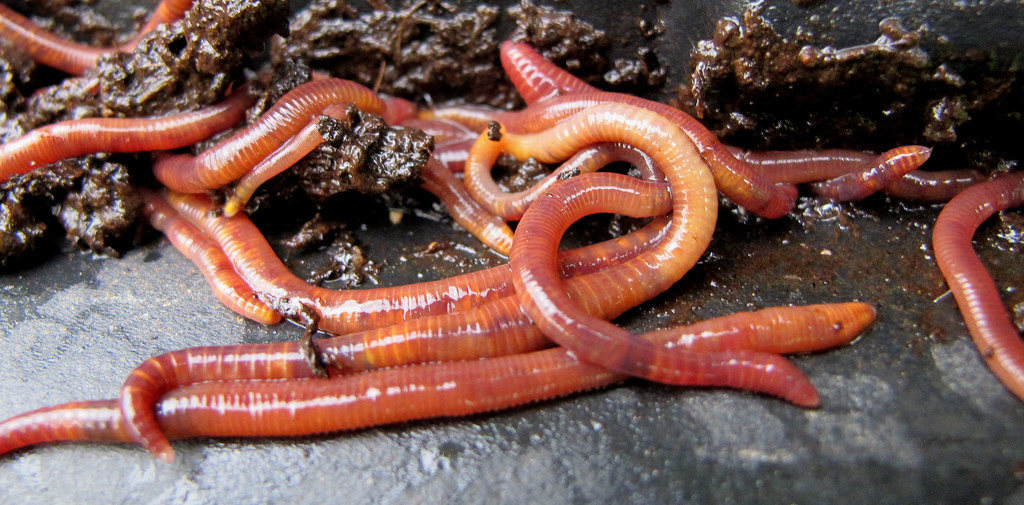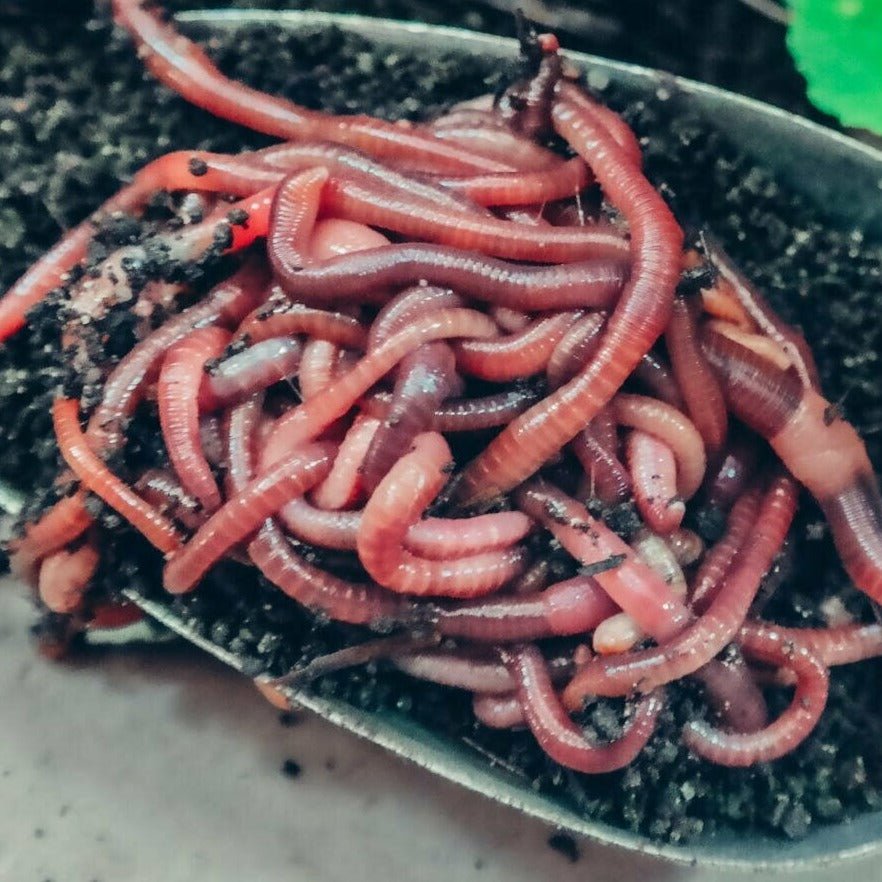Get Your Lawn in Top Shape with the Help of Lake Hickory Bait Grass Care Solutions
Get Your Lawn in Top Shape with the Help of Lake Hickory Bait Grass Care Solutions
Blog Article
The Extraordinary World of Red Wigglers: Increase Your Soil Fertility Today
The role of red wigglers, or Eisenia fetida, in boosting dirt fertility is a topic of expanding rate of interest among garden enthusiasts and agricultural specialists. These little yet efficient microorganisms transform natural waste into valuable worm spreadings, considerably boosting soil wellness and advertising sustainable practices. As we discover the benefits of vermicomposting and the sensible actions to create a reliable worm bin, the possible effect of these worms on your horticulture success becomes significantly apparent. Recognizing the nuances of their treatment and application may just transform the way you come close to soil administration. What understandings can be acquired from incorporating these remarkable animals right into your gardening regimen?
Recognizing Red Wigglers
Red wigglers, scientifically called Eisenia fetida, are a types of earthworm that play a crucial function in improving dirt fertility. These worms grow in organic-rich environments, such as garden compost heaps and decomposing plant material, where they consume organic waste and secrete nutrient-dense castings. Their special makeup, including a fractional body and a clitellum, permits them to reproduce rapidly and efficiently process large amounts of raw material.

The eco-friendly relevance of red wigglers extends past simple waste handling; they add to the soil food web, fostering a varied community of microbes that additionally enhance dirt health. Recognizing the biology and habits of red wigglers is essential for using their full possibility in sustainable farming and gardening methods.
Benefits of Vermicomposting
(Red Wiggler Express)Using the power of red wigglers with vermicomposting deals countless benefits that significantly improve dirt health and fertility. Among the key advantages is the manufacturing of nutrient-rich worm spreadings, which are an outstanding all-natural plant food. Red Wiggler Express. These castings consist of essential nutrients like nitrogen, phosphorus, and potassium, promoting durable plant development and improving crop yields
The existence of worm castings boosts dirt texture, allowing for better water retention and drainage. Red wigglers help break down natural issue, increasing disintegration and reusing nutrients back right into the dirt.
Vermicomposting likewise promotes microbial activity, which is important for a healthy soil community. Beneficial microorganisms thrive in the presence of worm spreadings, assisting in the failure of natural materials and enhancing nutrient availability to plants.
Last but not least, vermicomposting works as a reliable waste administration service, decreasing landfill waste by reusing kitchen area scraps and other organic products. This not just adds to ecological sustainability yet likewise promotes a round economic situation within horticulture and farming.
Just How to Establish a Worm Container
Establishing a worm container is a simple process that can considerably enhance your composting initiatives. Begin by choosing an appropriate container, which can vary from a commercially available worm container to an easy plastic or wooden box (Red Wiggler Express). Make certain the container has sufficient ventilation; little more information holes in the cover and sides will promote air flow
Following, produce a bedding layer to supply a comfortable setting for the red wigglers. This can be made from shredded newspaper, cardboard, or coconut coir, dampened to a damp, sponge-like uniformity. Fill the container to around one-third full with this bed linens material.
As soon as the bedding is prepared, it's time to present the worms. Red wigglers thrive in natural waste, so place them carefully onto the bed linens. Cover the worms with a light layer of extra bed linens to help them accommodate.
Feeding Your Red Wigglers
Offering the appropriate food for your red wigglers is important for their wellness and the efficiency of your composting system. Red wigglers flourish on a diverse diet, mostly being composed of organic materials such as fruit and vegetable scraps, coffee grounds, and shredded paper. These products not just provide necessary nutrients but likewise add to the microbial task in the worm bin, which is important for the worms' food digestion.
It is very important to prevent specific foods, such as milk items, oils, and meats, as these can attract insects and produce undesirable smells. Additionally, citrus peels and overly hot foods must be restricted due to their potential to hurt the worms. A balanced technique to feeding entails monitoring the amount of food introduced to the bin, guaranteeing that it is taken in within a practical period to stop excess waste buildup.
To promote optimal digestion, it is useful to slice or shred larger food products before adding them to the bin. This practice enhances the surface for microbial activity, promoting quicker disintegration and enhancing the general effectiveness of your composting system. Regularly observing the worms' feeding habits will aid you readjust their diet regimen as essential.
Making Use Of Worm Spreadings in Your Yard

(Red Wiggler Express)Integrating worm castings right into your yard can be achieved by mixing them right into the soil or using them as a leading dressing. The slow-release nature of these spreadings makes sure that nutrients are offered to plants over an extended duration, minimizing the need for artificial fertilizers. Additionally, worm spreadings include valuable microorganisms that advertise healthy dirt environments, enhancing the total resilience of your yard.
To optimize the benefits, goal to apply about one part worm spreadings to three components dirt in your planting beds. Normal applications can result in boosted crop returns and healthier plants, making worm spreadings an invaluable source for both novice and knowledgeable gardeners alike. By utilizing this all-natural amendment, you can grow a growing garden while adding to sustainable gardening techniques.
Conclusion
In conclusion, red wigglers exemplify the important function of vermicomposting in boosting dirt fertility. Their capacity to transform natural waste right into nutrient-rich spreadings significantly enriches soil structure and supports microbial diversity.
Report this page